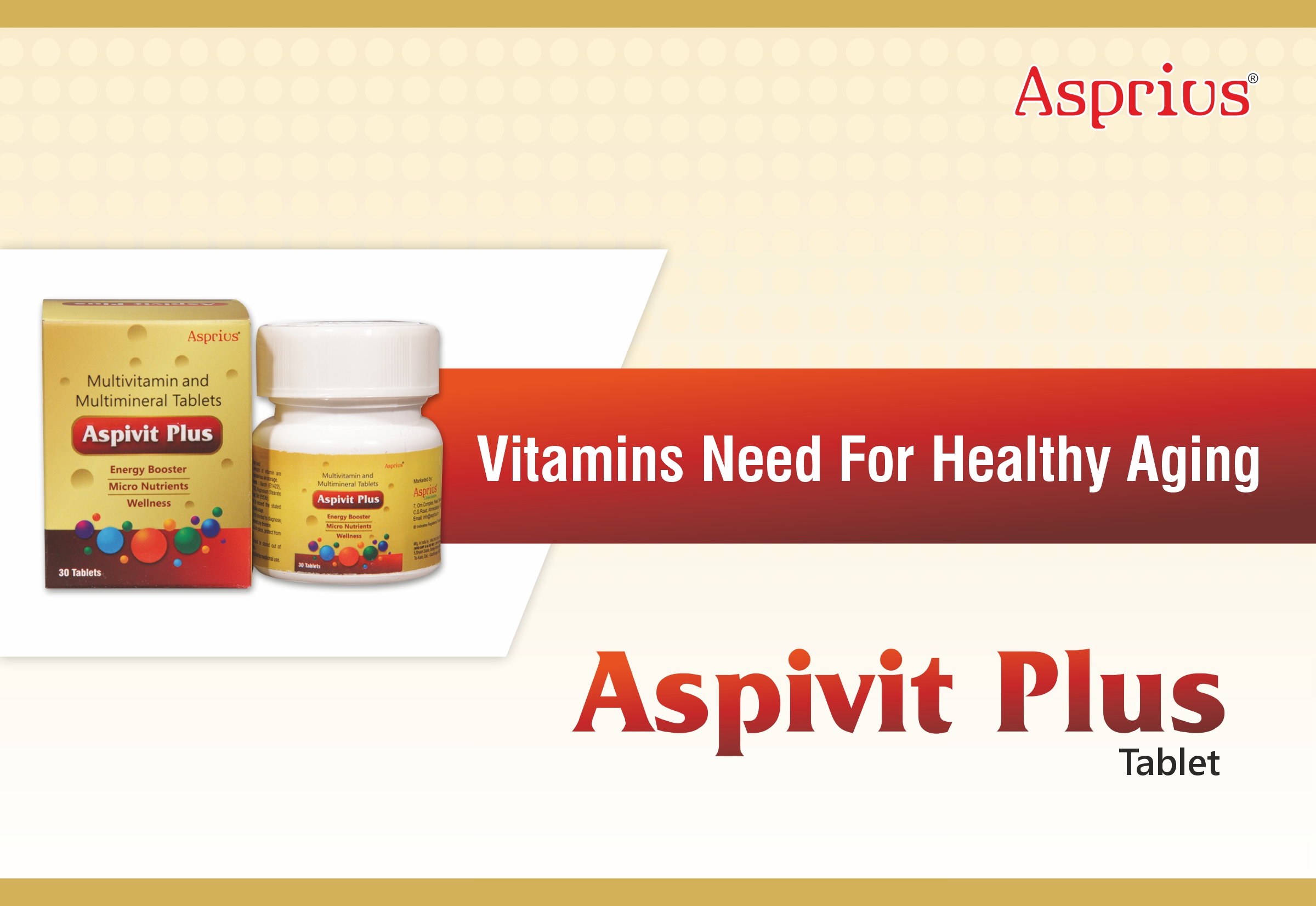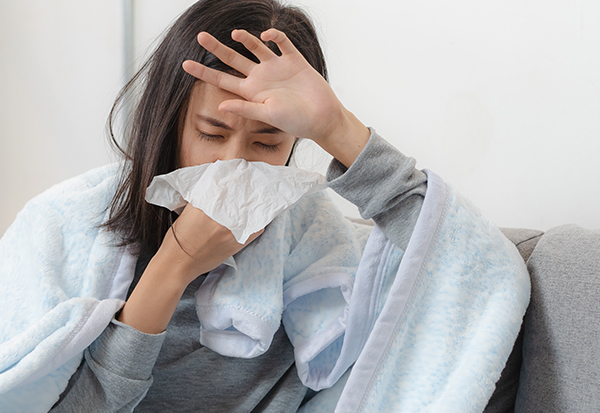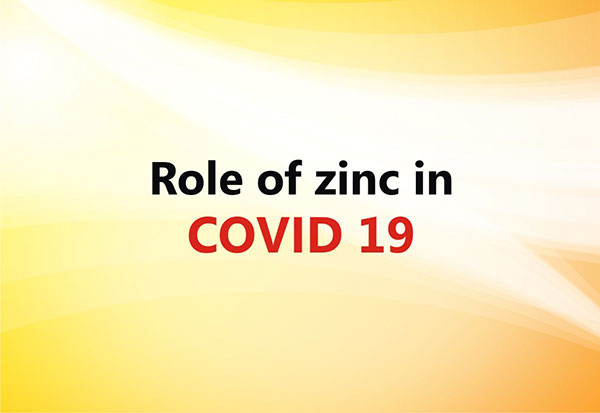
Dr. Sanjay Agrawal
Leading Pharmaceutical consultant and editor-in chief of IJMToday

The fast pace of life has many deleterious effects on our life that have changed the basic science of our cells and tissues. The most noticeable is the effect on our diet and nutritional status particularly the micronutrients. Though the clear-cut deficiency disorders like scurvy are rarely seen today their place has been taken by more dangerous marginal nutritional deficiencies which result in impaired physical and mental developments and functions affecting the person’s performance. In many cases these deficiencies are not noticed in first instance until they lead to frank deficiencies but the abnormalities remain and in most of the cases their identification is too late to prevent the damage. The rise in stress and strain, increased pollution, exposure to UV rays and deteriorated health habits have increased free radicals associated diseases particularly in the fields of cardiology, diabetology, dermatology and eye and psychiatric care. The role of nutraceuticals is emerging as a basic need of the hour to prevent these complications and maintain healthy life. The utmost attention and active participation is important from every person associated with healthcare particularly in most vulnerable conditions to cope up with increased requirements to prevent damages, maintain health and hasten recovery after chronic illnesses.
Vitamin B12 (Methylcobalamin)
It helps make blood and nerve cells. You get it naturally from animal foods like meat, fish, eggs, and dairy. Pills, shots, and “B12-fortified” foods, like breakfast cereal, are other sources. Most Americans eat enough, but age can change that. Up to 30% of people over 50 have atrophic gastritis, which makes it harder for your body to absorb it from foods. Antacids, some meds, and weight loss surgery can contribute to a lack of B12.
Calcium
With age, you can start to lose more of this mineral than you absorb. That can make your bones break more easily (osteoporosis), especially for women after menopause. Calcium helps your muscles, nerves, cells, and blood vessels work right. You get most of it from your bones, which get it from food. Women over 50 and men over 70 should get about 20% more than other adults. Milk, yogurt, and cheese are good sources.
Vitamin D3
Your body needs it to absorb calcium. So take them in tandem to help prevent osteoporosis. Vitamin D3 also helps your muscles, nerves, and immune system work right. Most people get some vitamin D3 from sunlight. But your body is less able to convert sun’s rays to vitamin D as you age. It’s harder to get this vitamin from foods, but fatty fish like salmon, mackerel, and sardines are a good source.
Vitamin B6
Your body uses it to fight germs and to make energy. It also helps babies’ brains grow. You need more B6 as you get older. Some studies have found links between high B6 blood levels in seniors and better memory. But the vitamin doesn’t seem to improve mental abilities in people with dementia. Chickpeas are an easy and inexpensive source. So are liver, fatty fish and fortified breakfast cereals.
Continues…




